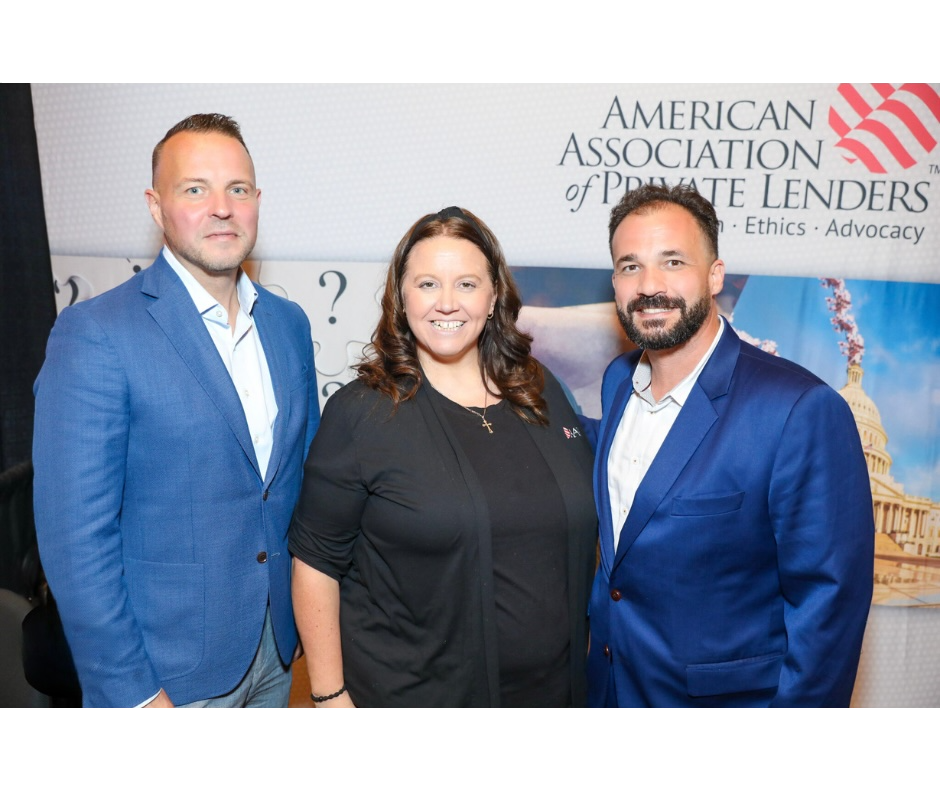Before you approve any advertising campaign, make sure it adheres to ethical and legal guidelines.
When you hear “attack ad,” you probably think “political ad.”
Although mudslinging political ads may be the most recognizable example of attack ads, these ads are commonplace in many industries, including among private lenders. Playing up your own company’s strengths by pointing out your biggest competitor’s shortcomings may seem like an easy marketing strategy. But, companies that run these ads often walk a very fine line between smart advertising and unprofessionalism—and even unethical practices.
Private lenders that belong to the American Association of Private Lenders (AAPL) agree to the association’s Code of Ethics. Running attack ads runs afoul of the code in two areas. The first specifically addresses truthfulness in advertising. The second addresses honesty in relationships in general. Let’s take a closer look at each.
Truthfulness in Advertising
AAPL’s Code of Ethics explicitly states:
“Advertisements shall be truthful and will adhere to all laws, specifically defined through the Truth-in-Advertising Act under the FTC.”
Whether or not you are a member of AAPL, at the bare minimum, private lenders should follow the law when it comes to advertising content. Per the Federal Trade Commission:
“When consumers see or hear an advertisement, whether it’s on the Internet, radio or television, or anywhere else, federal law says that ad must be truthful, not misleading, and, when appropriate, backed by scientific evidence. “
This standard applies regardless of where the ad appears.
This area of truthfulness is where many private lenders get into trouble when developing attack ads. It’s easy to get carried away and exaggerate or fudge the truth slightly to make your company look better than a competitor’s. Some private lenders may think that because they are running a smaller advertising campaign with a limited audience, the risk is worth it and there’s little chance they will be caught. Think twice about that. Running such a campaign, no matter how limited, is potentially damaging to the reputation of your business. And, and this is a big “and”—it’s illegal.
RCN Capital has had several firsthand experiences dealing with untruthful ads about our company. In one example, a service provider posted a website testimonial claiming to be from our CEO. RCN never provided or approved this quote. It had been fabricated to give this company more clout. Another service provider alerted us to it, and we requested it be removed immediately.
In a close-knit industry like private lending, it’s not a matter of “if” you are caught, but “when.” The legal and reputational fallout will not be worth the few customers you may attract.
In cases where you want to compare specific products, rates, terms, etc., in your advertising to show you are superior to a competitor, you must be ready to back those claims with hard evidence. If your claims can’t easily be fact-checked or supported anecdotally—or you’re not comfortable citing where you got specific information about your competitor—don’t include it in your ads.
Honest Dealings
Attack ads may also violate a second, more general section of the Code of Ethics, which states:
“Members will be honest and forthright in all their dealings with their borrowers, investors, financiers, service providers, and the association.”
As mentioned, the private lending industry is a pretty tight-knit community, and most private lenders have at a least cordial relationships with their competitors too. Being truthful, upfront, and professional when dealing your direct customers as well as other players in the space ensures the reputation of the industry as a whole remains positive.
Private lenders that run attack ads start to fall into a grey area. They really aren’t being upstanding in their dealings with others in the industry, which is not in line with what AAPL expects from its members. This type of behavior often casts a negative light on the industry as a whole because it casts doubt on the legitimacy of lenders in the space. It also calls the offending lender’s own reputation into question. Think of it this way: If a private lender lies about a competitor to gain customers, what other measures are they willing to stoop to to get ahead?
In yet another example of RCN Capital being the subject of nefarious advertising claims, last year in March, at the beginning of the pandemic when COVID was already causing enough confusion and uncertainty, a competitor blasted an email saying we were closing permanently, claiming instability in the capital markets took away our ability to fund loans. Although we may have had to put a brief pause on originating, we were honest with our customers and told them so.
The news that RCN was closing for good couldn’t have been further from the truth, but it caused a significant amount of fear and chaos and forced our company into damage-control mode. We addressed the concerns of customers who had received the email, and then we took action against the company and the individual that had been the source of the claim.
Although RCN managed to come out unscathed, I cannot say the other company fared as well, especially reputationally. From the perspective of any current or future customers, you can imagine how hard it would be not to be suspect of a company that was willing to widely broadcast a lie about a competitor to try to get ahead during a time that was already so challenging for most in the industry.
And, any other lenders or service providers in the industry that saw the claim and learned it was false would likely think twice about having a relationship with a company willing to broadcast something with such far-reaching implications. Pulling those kinds of tactics could cause you to be blacklisted throughout the industry. Save yourself any potential future fallout: Avoid this type of advertising tactic entirely.
On the Receiving End
Now you know how to avoid running advertisements that cross legal and ethical lines. But what happens if you are the target of such an ad? It’s not out of the realm of possibililty that you will be, if you haven’t been already.
According to AAPL, RCN hasn’t been the only victim of attack ad tactics. The association has received numerous Code of Ethics violation complaints from members who have been the subject of false or misleading attack ads by competitors. You may have seen one of the very public apologies that resulted from AAPL’s enforcement of its Code.
If you are on the receiving end of an attack ad that is false and damaging to your company, seek legal advice to find out what steps you can take to stop the advertisement. Knowing your rights will help you determine your next steps and minimize harm to your company.
Next, if it also breaks the Code of Ethics, report it to AAPL. You don’t need to be an AAPL member to file. Easy, step-by-step instructions for filing a complaint online or by mail are on AAPL’s website. Taking action against these bad players helps preserve the integrity of the private lending industry. This step not only holds the perpetrator accountable but also helps ensure that other members of the private lending community won’t face a similar issue with the offending company in the future.
Keep It Civil
Some private lenders may still choose to walk a tightrope and run attack ads. Keep in mind these ads are often perceived negatively and are often discounted. It is better for your reputation and the industry as a whole to take the high road and highlight your own company’s strengths in your ads rather than sling mud.












Leave A Comment